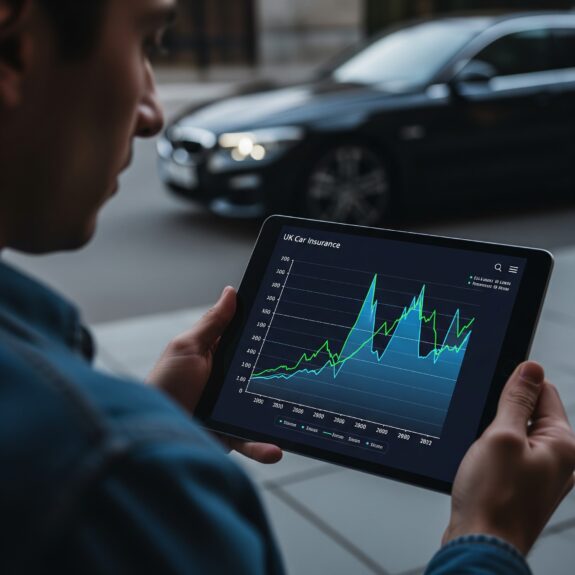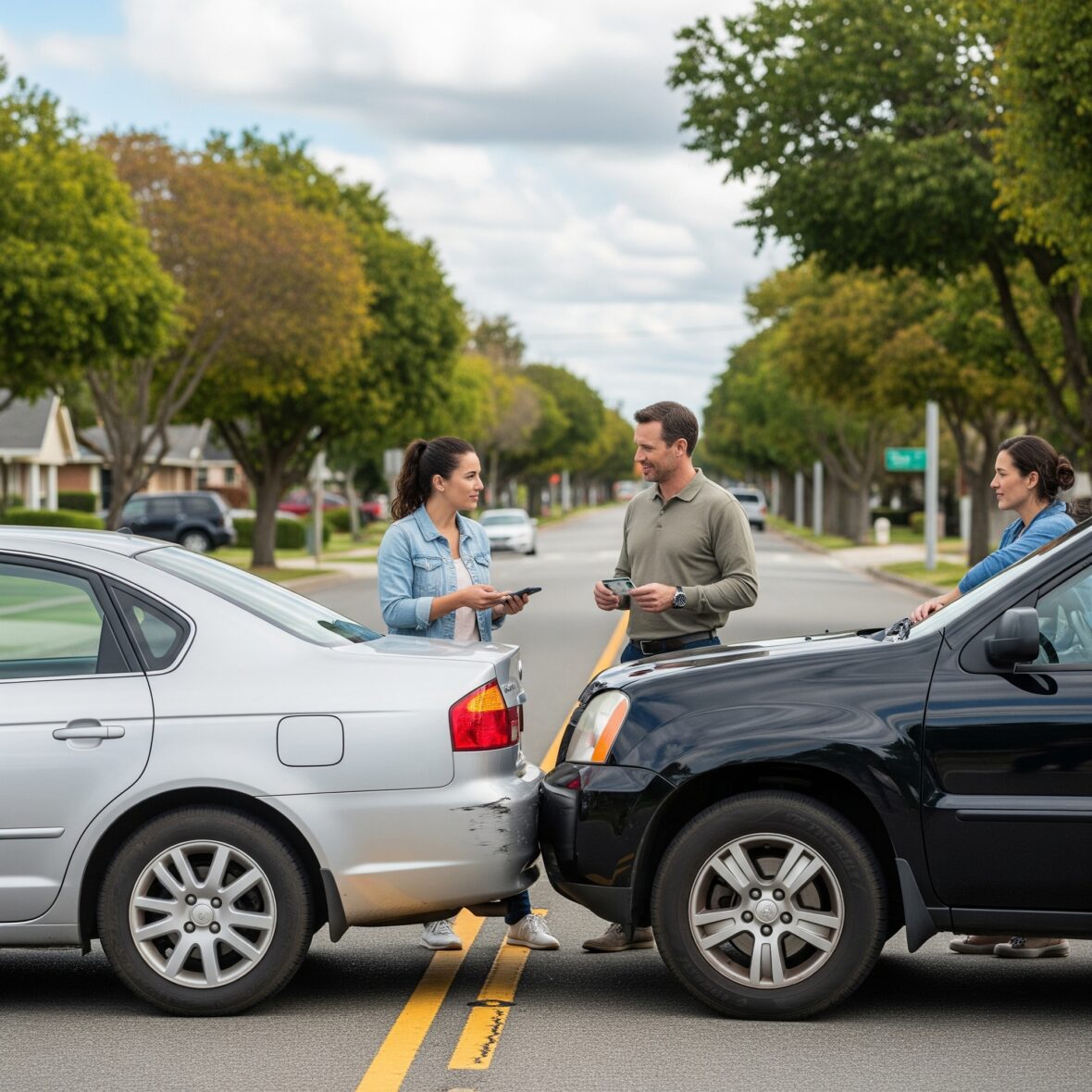
Why Have UK Car Insurance Premiums Risen, Are They Starting to Fall?
If you’ve been checking car insurance quotes recently, you may have noticed a big jump in premiums over the last few years, followed by signs…

Accidents can happen to any driver, no matter how careful you are. In the confusion and stress of the moment, it’s easy to forget what to do next. Knowing the correct steps to take immediately after an accident in the UK can protect you legally, financially and ensure everyone’s safety. This guide explains what to do before, during, and after an accident to keep the situation under control.
The first rule after any accident is to stay calm. Take a deep breath, keep a clear head, and assess your surroundings. If anyone is injured, dial 999 immediately. Even minor accidents can result in injuries that aren’t obvious at first, so erring on the side of caution is always best.
Once safety is confirmed, check the scene. Move vehicles out of the way only if it’s safe to do so, especially on busy roads, to prevent further collisions. Turn on hazard lights to alert other drivers, and, if possible, use warning triangles to mark the area.
It’s essential to exchange details with all parties involved. Make sure to collect:
Accurate information ensures that claims can be processed efficiently. Take care to be polite and professional; avoid arguments, even if you feel frustrated.
Evidence is vital when making an insurance claim. Take photographs of:
Also, write down what happened while the details are fresh in your mind. Include the time, date, location and any contributing factors such as weather or road conditions. This documentation helps insurers assess the claim accurately.
Even if you think the accident was your fault, do not admit liability at the scene. Apologies are fine, but claiming responsibility can complicate insurance claims and legal responsibility. Let insurers investigate and determine fault based on the evidence provided.
UK law requires you to report an accident to the police if:
For minor accidents without injuries, reporting isn’t mandatory, but it can be useful if there’s any uncertainty.
Once the immediate situation is handled, contact your insurance company as soon as possible. Provide all the details and documentation you’ve collected. Prompt reporting prevents delays in claims processing and ensures you remain compliant with your policy terms.
Do not move seriously damaged vehicles unless it is unsafe to leave them where they are.
Seek medical attention even for minor injuries; symptoms may appear hours or days later.
Keep receipts for costs such as towing, repairs, temporary transport, or medical treatment.
Follow up with your insurer and cooperate fully with their investigation.
Stay calm in discussions with other drivers and witnesses; maintain a polite and professional tone.
After an accident, the administrative side can feel overwhelming. If you’re unsure how to proceed, your insurer can guide you through the claims process. Remember to keep all correspondence and evidence organized. This approach not only simplifies claims but can also reduce stress.
Accidents are stressful, but knowing the right steps can make a huge difference. In the UK, your priorities immediately after an accident should be safety, collecting information, documenting evidence, and notifying your insurer.
By staying calm, avoiding admissions of fault, and keeping thorough records, you protect yourself legally and financially. Preparation and awareness transform a potentially overwhelming situation into a manageable one. Following these steps ensures that everyone involved is treated fairly and that your insurance claim can be processed efficiently, giving you peace of mind on the road.
More Articles

If you’ve been checking car insurance quotes recently, you may have noticed a big jump in premiums over the last few years, followed by signs…

For many drivers, there are situations where you might need to drive a car you don’t own. Perhaps you’ve borrowed a friend’s vehicle, a family…

If you’ve ever compared car insurance quotes in the UK, you may have noticed the term “insurance group” appear alongside car models. Understanding what insurance…
About This Page
Our articles, guides & reviews are provided as generic information only. Any expressed view, product or service mentioned within these does not constitute as financial advice or recommendation by us.
Be mindful that information may have changed since publication
Compare Personalised Insurance Quotes In Minutes
Compare Now